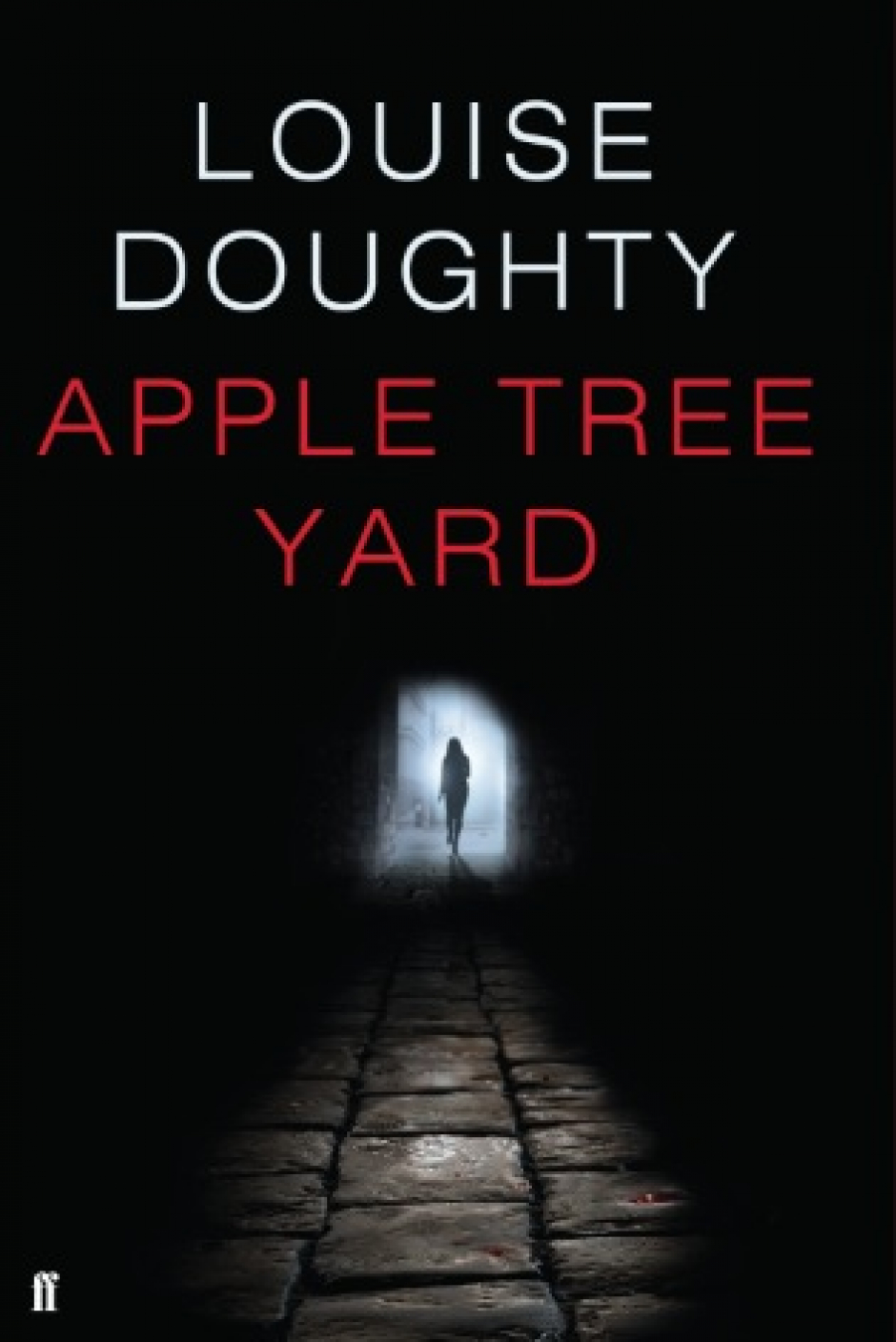Louise Doughty at the Manchester Literature Festival: 7pm, October 10th
Amy Carrington
Louise Doughty, an accomplished author, radio broadcaster and literary judge, walked confidently onto the stage at The International Anthony Burgess Foundation, offering a warm practiced smile at the neatly arranged, mostly female, audience. The intimate event was part of the Manchester Literature Festival, and was a reading and discussion of Louise Doughty’s work with fellow author Sherry Ashworth. Introduced with an impressive resume (read from a print out of the biography found on her website), we learn that Doughty has published seven fiction novels, including Whatever you love which was long-listed for the Orange prize for fiction, as well as winning the Radio Times award for first radio play with Maybe in 1993. Doughty has written for newspapers such as The Independent, The Guardian and the Telegraph, she has even composed a non-fiction work based upon her successful column A novel a year.
Doughty’s friendly and confident manner made it a pleasure to be guided through the inspiration and development process of her latest novel Apple Tree Yard. The inspiration for it came one evening while watching News at ten, an image of a woman, in the docks at the Old Bailey about to be caught out in a lie appeared in her mind, and from this grew the character and plot. Doughty expressed her enjoyment of the ‘lightbulb moment’: after six novels she knew her writing process well but the spark of an idea was ‘still holy, and mysterious.’
Doughty stood composed at the podium and read an exact from Apple Tree Yard, capturing the room with her clear voice, she described a scene in a courtroom where the heroine was being questioned by a quietly spoken and ruthless lawyer about to reveal her secrets and end everything she has built, family, career and love life. Doughty spent three weeks observing a murder trial as research for this novel. In the Question and Answer session Sherry Ashworth claimed that Louise Doughty’s commitment and enjoyment of research provides her novel’s with a ‘level of realism.’
The questions from the audience members expressed the personal connection they felt with Doughty’s characters, which led to the discussion of her conscious choice to cast the latest heroine as a successful woman in her fifties. Doughty voiced that this demographic is not represented in literature today. She also reveals that while she sees the novel as feminist, a word that she admitted caused her publisher to flinch, she does not consider herself a ‘women’s writer,’ and instead strives to write with a universal point of view.
When asked about her choice to cover harrowing topics such as the holocaust in Fires in the dark and the grief of losing a child, in Whatever you love, Doughty explains it Is ‘the difficult things in life, the times when things go wrong and how people deal with it, which I find interesting.’
Louise Doughty’s willingness, eagerness to strive into the darker issues and present them in an uncompromising and entirely gripping way reiterates her well-deserved place at the Manchester Literature festival. If you wish to read more from Louise Doughty visit the BBC website where you will find her interview with Mariella Frostrup on BBC Radio 4′s Open Book or visit her website for the full list of her work at www.louisedoughty.com.

